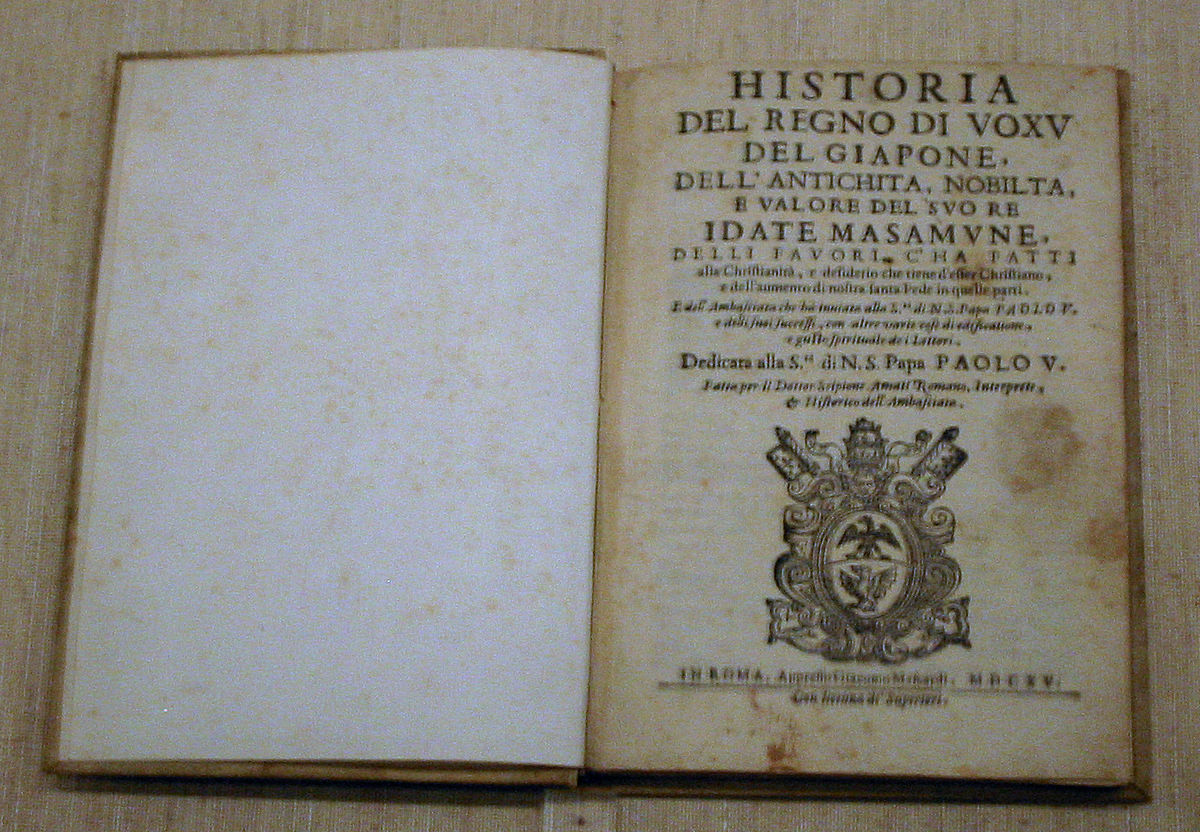The P.1121 article provides a good example. It sites Derek Wood's Project Cancelled, 1975 edition for all of its information. Now, this is a fairly good book, but there were later revised editions of it. Then there's Tony Buttler's BSP, which is based on more modern research. Then, there's my book on the P.1121.
Woods isn't the best source now. There are some errors, For example:
In March 1954,, Hawker decided to embark on the development of a new fighter aircraft in response to the release of Operational Requirement 323 (OR.323) by the Air Ministry .
[2] This initial design, designated as the P.1103, was a twin-seat
swept wing aircraft powered by the
de Havilland Gyron turbojet engine and armed with two sizeable
Red Dean air-to-air missiles. The proposed design was reworked the following year when, in February 1955, the Ministry issued OR.329, which, amongst other requirements, called for a large 40-inch (100 cm) sweep-scanning
radar unit,
AI.18, to be installed.
[2] In October 1955, Hawker decided to tender its revised P.1103 proposal for the requirement, notably offering the
Red Hebe missile as an alternative to Red Dean.
[2]
OR.323 seems to have been for a Hastings and Valetta replacement later superseded by OR.344. Not sure what Woods is on about here.
OR.329 is first sent out as a very early draft OR to various aviation firms on 17 March 1954, with the draft identified as CMS.2344/53. Discussions on the topic have already happened, but this is the first formal presentation of thoughts. Nothing is very firm at all. Basically, "We need a new fighter to shoot down possible high flying Mach 2 bombers as an interim measure until guided missiles can do the job". There's thoughts about probably needing new weapons, but no details on anything.
By July 1954, it is now a firmish (but still draft)
OR.329 for a
Day / Night Supersonic High Altitude Fighter. Discussions still ongoing on how big, how high it should fly, what size radar is needed, how many crew etc. Early drafts of OR.329, based on some rather optimistic calculations by the RAE, suggested allowing 2,000lb military load for pursuit weapons and 4,000lb for collision-course weapons.
The requirement is finally issued on 15th January 1955.
In March, after preliminary studies come back from guided weapons designers, Hawker are informed expected military load now varied from 8430lb (with two 1000lb-class collision-course weapons) to 10,875lb (two collision-course weapons and two pursuit-course Firestreaks). Huge difference from early drafts. P.1103 is really too small now for the collision course weapons load.
There is an Issue 2 OR.329 in July 1955 which says that they don't need to carry both collision course and pursuit weapons at once. Everyone sighs in relief, except Saunders-Roe who carry on drawing a gigantic colossus of a fighter to carry both at once.
On 5 October 1955, Hawker submit their bid. They decide to use Blue Jay Mk4 as armament.
In November, during the first Tender Assessment meeting, Hawker are almost rejected immediately due to the brochure not really documenting the use of Red Hebe on the design at all. As Hawker did state Red Hebe
could be carried (at an unspecified performance penalty), it is agreed to ask Hawker to provide more details of this and also possible use of the Sparrow AAM.
Hawker provide this supplemental information in December 1955. In January 1956 they are eliminated from the competition.
So we can say this initial paragraph on P.1103 has a number of actual inaccuracies. Dates are wrong, intended use of Red Dean is wrong, OR.323 doesn't seem to be right. This is the drawback of secondary sources, and also old, superceded sources.
Some of this I could potentially correct by citing my own book, but if I didn't specifically mention a point I need to correct, I can't really use original documents to do so.

